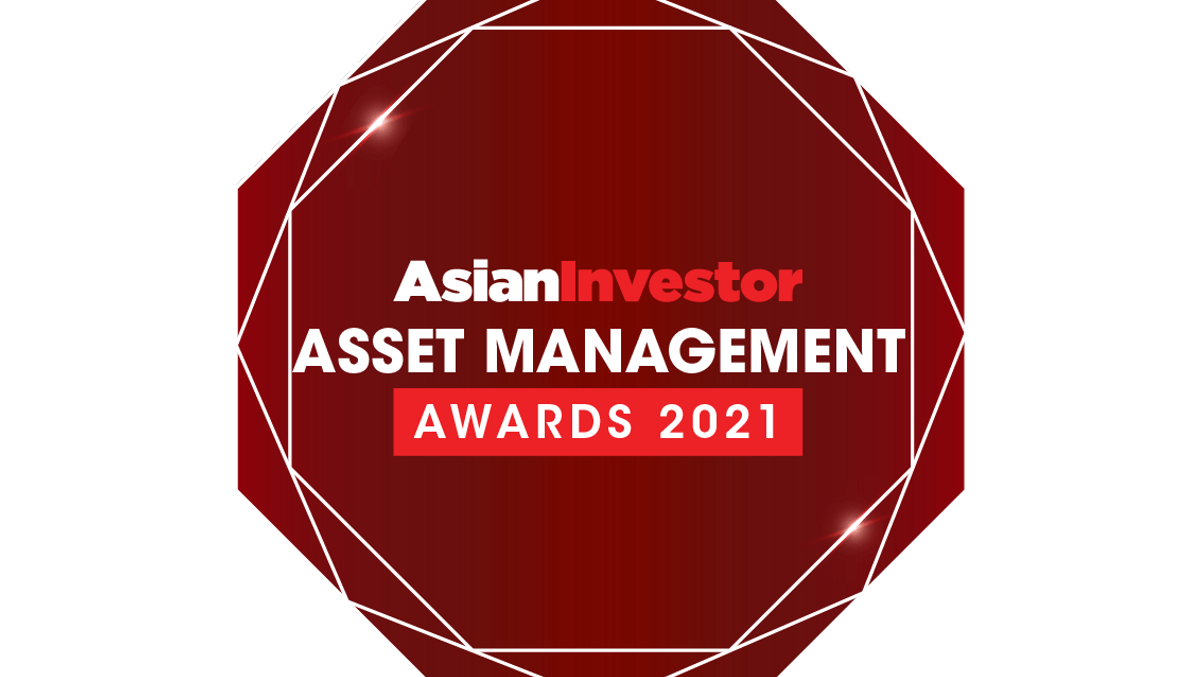award
The standout funds in 2021, explained (part 1)
AsianInvestor describes why we chose the top funds across a series of key asset classes.

Every year, AsianInvestor's editorial team conduct an intensive analysis of the region's leading asset management service providers, fund products and asset managers, to ascertain the top organisation of each category over the previous year.
Sign in to read on!
Registered users get 2 free articles in 30 days.
Subscribers have full unlimited access to AsianInvestor
Not signed up? New users get 2 free articles per month, plus a 7-day unlimited free trial.
¬ Haymarket Media Limited. All rights reserved.


